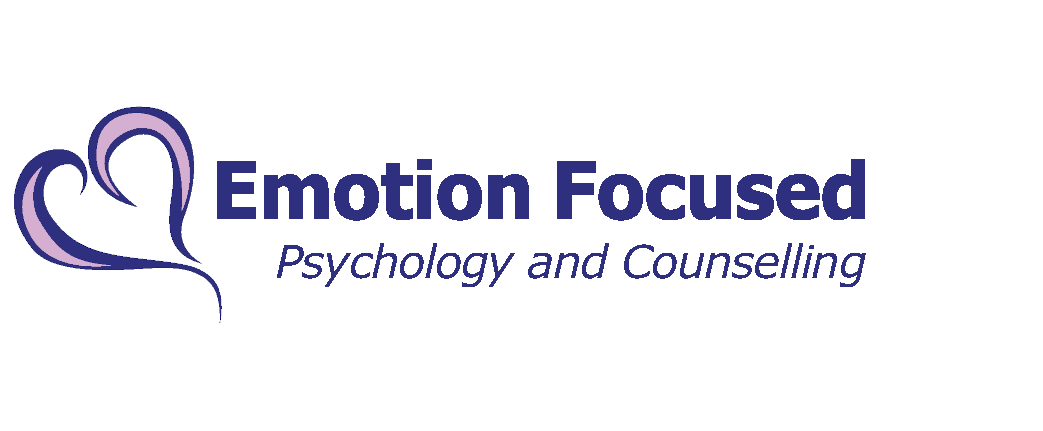
Grapefruit Slice – photo by Dan Zen
How many of us can truly say that we are happy with our bodies? Most of us wish to change something or the other. Sometimes, though, people become preoccupied or obsessed about their body image and weight. A lot of women say that they would like to look thinner and many men too.
Reason behind eating disorders
We all are influenced by the media. Wherever we turn, we are bombarded by images of men and women who look unnaturally thin. Even those with a healthy BMI are not satisfied with their weight.
When people compare themselves with others, they feel unhappy and try to change themselves. They diet excessively, count calories, use laxatives and purge.
On the other end of the spectrum, there are those who eat excessively or those with binge-eating disorder. Binge eating could be their way of relieving anxiety or sadness. Each person has his/her own reason for binge eating. The underlying reason has to be found out for the treatment of this disorder.
Body image contributes to a lot of weight-related psychological disorders, such as anorexia, bulimia, and overeating. Body image affects self-esteem, and those with negative body image are diffident about their abilities and generally avoid mingling socially. A person with body image problems is also at risk for depression.
Eating disorders affect you both mentally and physically; frequent infections, stunted growth, decreased bone density, skin problems, hormone problems, neurological conditions, heart diseases, low blood pressure, and depression are just a few of them.
Do I have an eating disorder?
More often than not people do not realise that they have an eating disorder. Here are some questions that can indicate if you have an eating disorder.
-
Do you obsess about food or weight?
-
Do you cook for others, but refuse to eat or pick your food?
-
Do you eat low-calorie items?
-
Do constantly complain about being fat?
-
Do you check the mirror frequently?
-
Do you use weight loss pills, diuretics or laxatives ?
-
Do you have a secret stash of high calorie snacks?
-
Do you prefer to eat alone?
-
Do you dress in a way that hides your shape?
-
Have people commented about your eating habits?
Psychology consult for eating disorders
Eating disorders predominantly have psychological causes and establishing these causes are the answer for treating them. Whether it is negative body image, binge eating, comfort eating or anorexia, counselling can help a great deal.
- Counselling can help you understand yourself better by gaining insight into emotions and thoughts and establishing the root cause of your eating problem.
- The insight can identify your triggers.
- The counsellor can work with you to boost your self image and help you set goals, regulate your eating, set coping strategies and check behaviours like purging.
If you are looking for help, whether for yourself or a loved one, the psychologists at the centre can assist in exploring underlying issues through therapy. Please visit practitioners’ page to find out more, or call (03) 9820-5577 for an appointment or to make enquiries.
Psychologists at the Centre for Emotion Focused Practice

Lisa Schafer
Registered Psychologist
I’m a registered psychologist with 20+ years of experience empowering individuals to believe in themselves, develop more confidence, and improve clarity and direction in their lives. I use holistic and strengths-based approach to help clients harness their unique strengths, recognise their sources of energy and build greater resilience and wellbeing.

Carlos Schafer
Director & Principal Psychologist
I’m a registered psychologist with two passions – counselling psychology and executive counselling. To support my passion for counselling, I am trained in experiential psychology, cognitive emotive behavioural therapy, post rationalist therapy, emotion-focused therapy, and hypnosis and have a keen interest in alternative healing
